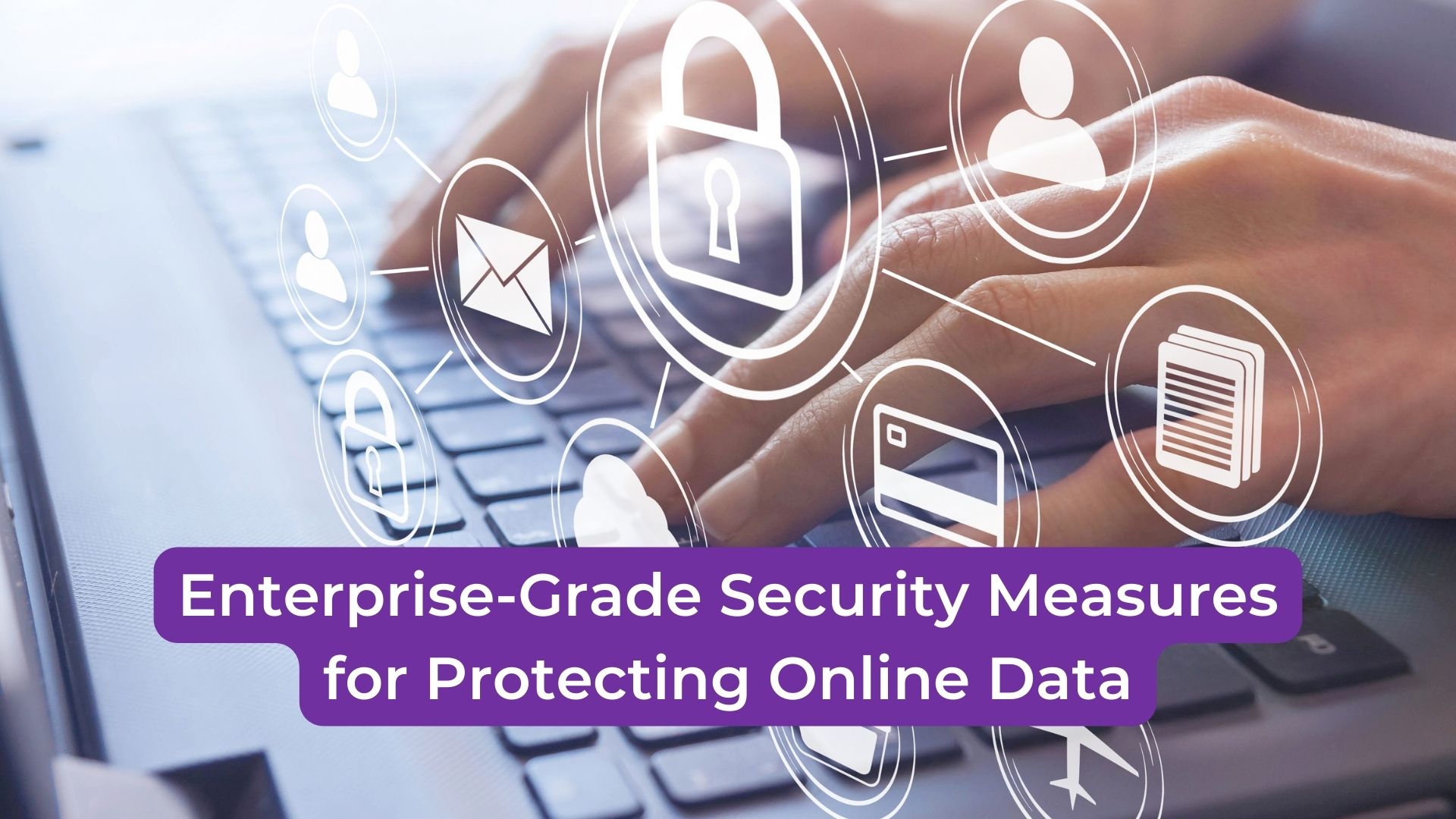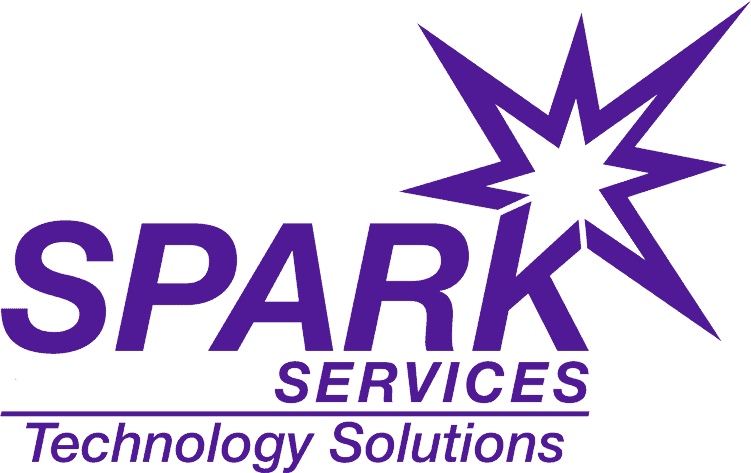
In today’s digital age, the security of online data is a paramount concern for businesses. As cyber threats evolve, so too must the measures for protecting online data.
Companies need to adopt enterprise-grade security measures to safeguard sensitive information from unauthorized access, breaches, and other cyber-attacks.
This blog explores some of the most effective strategies and technologies that can be implemented to ensure robust data protection.
Understanding the Importance of Data Security
Data is the lifeblood of modern enterprises. It includes everything from customer information to proprietary business strategies. Unauthorized access or loss of this data can lead to severe financial losses, reputational damage, and legal consequences.
Therefore, understanding and implementing measures for protecting online data is not just a technical necessity but a business imperative.
1. Encryption
Encryption is one of the fundamental measures for protecting online data. By converting data into a code to prevent unauthorized access, encryption ensures that even if data is intercepted, it remains unreadable without the correct decryption key.
Enterprises should implement encryption for data at rest and in transit. This includes encrypting files on storage devices, databases, and using secure protocols like SSL/TLS for data transmitted over networks.
2. Multi-Factor Authentication (MFA)
Multi-factor authentication adds an extra layer of security by requiring multiple forms of verification before granting access. This could be something the user knows (password), something the user has (security token), or something the user is (biometric verification).
Implementing MFA significantly reduces the risk of unauthorized access, making it a crucial measure for protecting online data.
3. Regular Security Audits
Conducting regular security audits is essential for identifying vulnerabilities and ensuring compliance with security policies. These audits should include penetration testing, vulnerability assessments, and reviewing access controls.
By routinely examining the security infrastructure, enterprises can proactively address potential weaknesses and improve their measures for protecting online data.
4. Intrusion Detection and Prevention Systems (IDPS)
Intrusion Detection and Prevention Systems are designed to monitor network traffic for suspicious activity and respond to potential threats. An IDPS can detect and prevent attacks such as malware, unauthorized access, and Denial of Service (DoS) attacks.
Integrating an IDPS into your security strategy enhances your measures for protecting online data by providing real-time threat detection and response.
5. Secure Software Development
Secure software development practices involve incorporating security measures throughout the software development lifecycle. This includes code reviews, static and dynamic analysis, and integrating security testing into the CI/CD pipeline. Ensuring that applications are built with security in mind from the outset is a critical measure for protecting online data.
6. Employee Training and Awareness
Human error remains one of the leading causes of data breaches. Therefore, regular training and awareness programs for employees are essential.
Educating staff about phishing attacks, safe internet practices, and the importance of strong passwords can significantly enhance the overall security posture. Employee vigilance is a vital measure for protecting online data from social engineering attacks.
7. Data Backup and Recovery
Regular data backups are crucial for ensuring business continuity in the event of a cyber-attack or data loss. Enterprises should implement a robust data backup and recovery plan that includes regular backups, secure storage of backup files, and routine testing of recovery procedures.
This measure for protecting online data ensures that critical information can be restored quickly and efficiently.
8. Endpoint Security
With the increasing number of remote workers and mobile devices accessing corporate networks, endpoint security has become more critical than ever.
Implementing endpoint security measures such as antivirus software, firewalls, and mobile device management (MDM) helps protect data on all devices that connect to the enterprise network.
9. Access Controls
Implementing strict access controls ensures that only authorized personnel can access sensitive data. This includes role-based access control (RBAC), which assigns permissions based on the user’s role within the organization, and implementing the principle of least privilege (PoLP). Effective access controls are a fundamental measure for protecting online data.
10. Cloud Security
As more enterprises move their data to the cloud, ensuring cloud security is paramount. This includes selecting reputable cloud service providers, implementing cloud-specific security measures, and regularly reviewing cloud security policies. Cloud security measures for protecting online data should include encryption, access controls, and regular monitoring of cloud environments.
Conclusion
Implementing enterprise-grade security measures for protecting online data is essential in today’s digital landscape. From encryption and MFA to regular security audits and employee training, these strategies provide a comprehensive approach to safeguarding sensitive information.
At SPARK Services, we understand the critical importance of data security. Our team of experts can help you implement these measures effectively, ensuring your data remains secure in the face of evolving cyber threats.
For robust and reliable data protection solutions, trust SPARK Services to keep your business secure.



